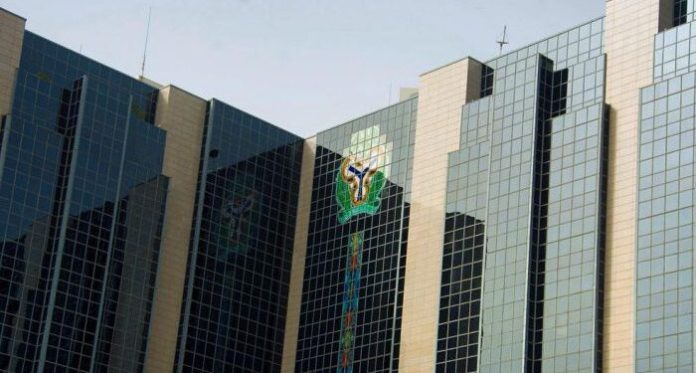The Central Bank of Nigeria has raised a total of N1.008 trillion at its Open Market Operations auction held on Friday.
The development followed an overwhelming investor demand that led to a 102% oversubscription, affirming CBN’s aggressive monetary tightening stance aimed at mopping up excess liquidity and cooling inflationary pressures that have persisted despite elevated interest rates and a record-high cash reserve ratio.
The auction, which initially offered N500 billion across two maturities, attracted total bids of nearly N1.4 trillion, with investors seeking to take advantage of high-yield government instruments amid rising inflation and expanding money supply.
The most in-demand instrument at the auction was the 319-day OMO bill, maturing on March 10, 2026.
It drew a total subscription of N1.062 trillion, more than four times the CBN’s offer of N250 billion.
The Central Bank eventually allotted N688.30 billion at a stop rate of 22.73%, with bid rates ranging between 20.39% and 23.75%.
The demand surge reflects investor expectations that high interest rates will persist, prompting a move to lock in attractive yields for the longer term.
In comparison, the 298-day bill, maturing on February 17, 2026, also performed strongly.
It received bids totalling N329.54 billion versus the same N250 billion on offer.
The CBN allotted N319.54 billion at a stop rate of 22.37%, with bid rates falling between 20.45% and 23.75%.
In total, the CBN raised N1.008 trillion, more than double its initial offer, and a clear sign of the liquidity that remains available in the financial system despite policy tightening.
The OMO auction comes at a time when Nigeria’s broad money supply (M3) continues to rise sharply, undermining the CBN’s efforts to reduce liquidity through tools like the 50% cash reserve ratio (CRR)—the highest in the world.
According to data released by the CBN, M3 grew to N114.22 trillion in March 2025, marking a 24% year-on-year increase from N92.19 trillion in March 2024.
On a month-on-month basis, money supply rose by 3.2%, up from N110.71 trillion in February.
The growth was largely attributed to a 38.9% increase in net foreign assets (NFA), which reached N45.17 trillion, indicating stronger capital inflows and external liquidity.

